Why civil disobedience?
JEN: So I want to sort of, invoke for a moment, that young man in his mid to late twenties, who was lying down on Wall Street and getting arrested and climbing up buildings, climbing up the walls of the FDA and the NIH and unfurling banners, and doing all of that stuff. I think people remember most of the way because it was the most visible of all of those protests, what some people call sort of the, the theater of arousing to action and brining attention on the illness. And I wanted to hear your thoughts on what were the benefits of direct action. Do you think it was the right approach for the movement in the early days and why?
PETER: It was essential. Nobody thought we deserved to be listened to. Nobody cared about us. We had to really shake the country up. We had to shake politicians up. We had to shame them into action. And one of the quickest ways to do that is to use our so called forth arm of government, which is the press, and give them a story and a picture, give them a drama that they find compelling and that creates good and evil, this narrative of good and evil. We were the dying Americans that the country was letting die. And regardless of what Americans thought about gay men and lesbians, they don’t like having it, realizing that their own government is just letting thousands of their own citizens die. That’s something that most Americans can’t countenance. So we played to that shame, that guilt, and we gave the whole country a guilt trip.
But the street demonstrations and using the media, that’s what created that narrative and that story and changed the poll numbers on AIDS very quickly, upwards of 80% of the country was saying we should be spending more on AIDS research and both parties, a consensus in both parties happened that, they were, they were just gonna start ramping up that NIH budget. And during ACT UP’s first five years the NIH AIDS research budget tripled and went over a billion dollars a year by 1992. And now it’s over three billion a year. That consensus has remained ever since. The Republican Party, as evil as they are, you don’t hear them say, “Oh we should slash AIDS research,” and it’s because of what we did during those years. We made it politically incorrect to be anti-AIDS research.
NEXT: WHAT WERE ACT UP’S PROTEST TACTICS?
For more, browse other short, 2-3 minute videos or watch the full, 70 minute interview with AIDS activist Peter Staley. You can also out the HMC case study of AIDS advocacy, as well as the documentary film How to Survive a Plague.


